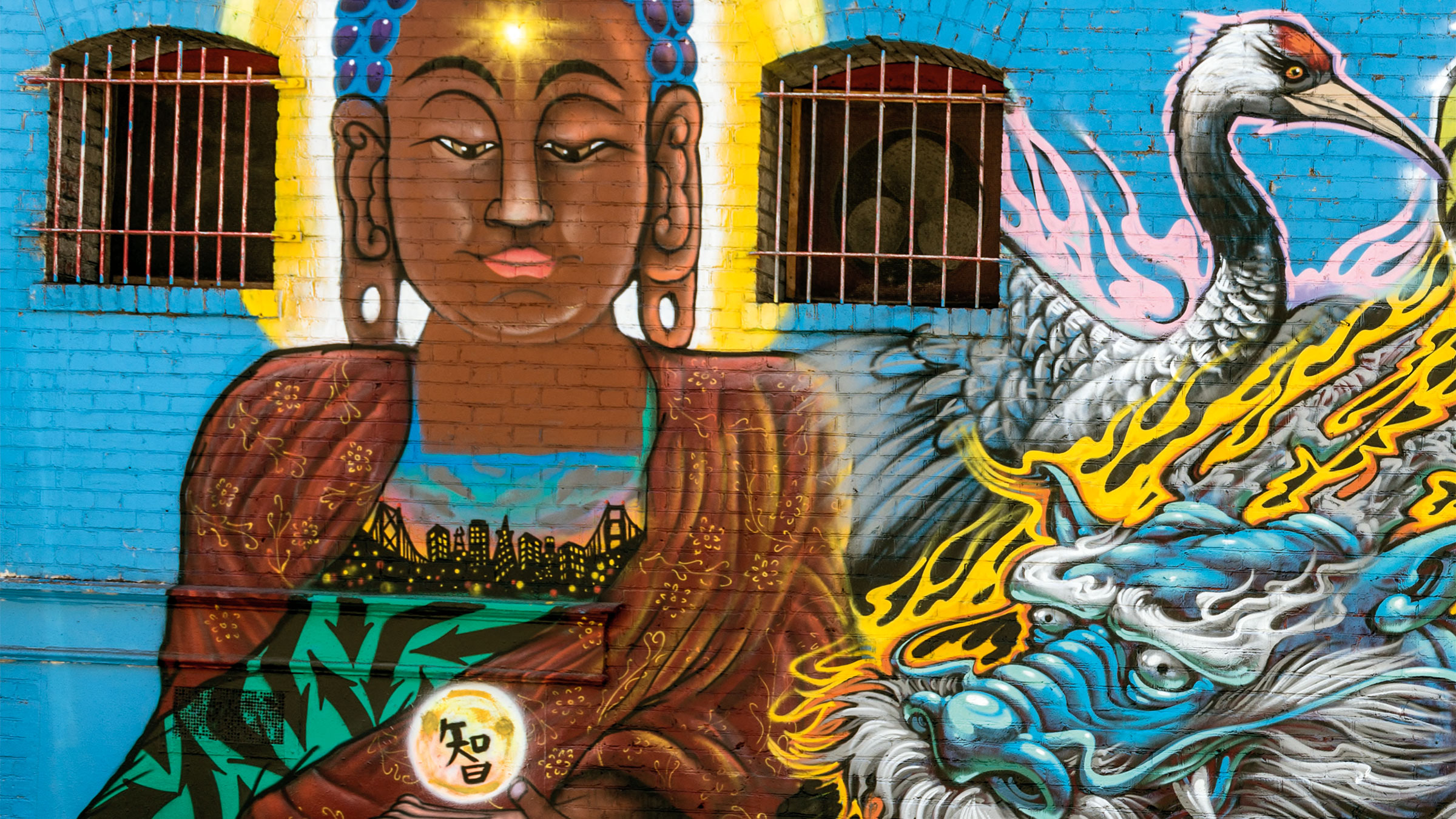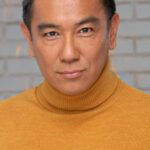With this issue celebrating Buddhists of Asian descent, I’m reminded of Aaron J. Lee, known for his blog Angry Asian Buddhist. He wrote his blog from 2007 to 2017 under the pen name “arunlikhati.” He died of cancer in 2018, at age thirty-four. His archives describe his work as being “at the forefront of an ongoing conversation about race and representation in American Buddhism and Western Buddhism more broadly. His work challenged stereotypes and held the mainstream Buddhist press accountable for its representations of Asians and Asian Americans.”
I was in divinity school when I first encountered Lee’s work. A Buddhist organization advertised an important conference with a slate of Buddhist scholars and practitioners, and in the comments section, Lee got into a spat with one of the organizers about how the panelists were overwhelmingly white. Where were the Asians?
“If we wish to thrive as a spiritual community, we need to make a new home, one grounded in the Buddhist themes of love and compassion for all, without exception.”
Suddenly, I was awakened to this realization: I was introduced to Buddhism by my Asian American friends, but somehow, I’d taken it for granted that my teachers would be white. After all, that was what so much of my learning experiences were like in America. Growing up, even in a diverse city like Los Angeles, about 90 percent of my teachers, from kindergarten to grad school, were white. Why would my education in Buddhism be any different?
I have compassion for myself for not questioning the status quo. It takes a person like Lee to break us from samsara. His anger wasn’t just for Asians but for all sentient beings who are denied the benefit of hearing the perspectives of Asian Buddhists in the diaspora. Most Buddhists in America are of Asian descent. Indeed, most Buddhists in the world are Asian. Shouldn’t we have a say in how it’s taught, discussed, or translated anywhere in the world, including the West?
That’s what makes this issue so remarkable. All the pieces were created by people of Asian heritage. Every single article comes from an Asian point of view. Yet, from that point of view, something universal can be found.
This issue is also an acknowledgment of Asians, especially Asian Americans, who carried Buddhist wisdom through tough times, such as war when Asians were the enemy, or times of disease when Asians were made the scapegoats. The forum in this issue, “Asian American & Buddhist,” brings together valuable thinkers on how Asians in the West have endured much but have also benefited. Asians in the West aren’t tied down to the Buddhism of one country. One Asian American sangha I belonged to taught an array of Buddhist thought—Theravada, Mahayana, and Vajrayana. We learned the benefits of them all.
Establishing Buddhism in America is a “home-making.” Buddhism in the West is new; we cannot claim a thousand-year history. The first Buddhist temple in America was only established by Asian immigrants in the 1880s. But today, thousands of Buddhist sanghas exist. If we wish to thrive as a spiritual community, we need to make a new home, one grounded in the Buddhist themes of love and compassion for all, without exception.
May all sentient beings benefit from this issue. I hope our ancestor Aaron J. Lee, the Angry Asian Buddhist himself, is smiling in whatever realm he inhabits.

